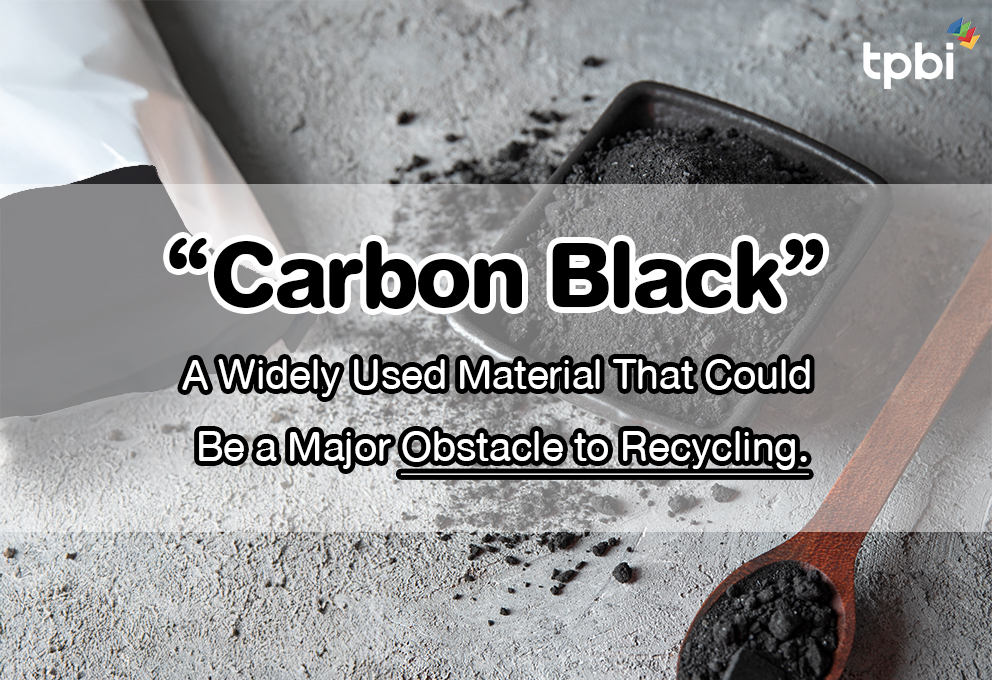
"Carbon Black" – A Widely Used Material Creating Major Challenges for Recycling
As the world faces growing environmental challenges, industries must adapt to balance economic growth with environmental responsibility. One pressing issue is Carbon Black, a widely used material in various industries. It is a key additive found in many products, from tires and plastic mailing bags to printing inks, enhancing their strength, durability, and other unique properties. However, despite its benefits, Carbon Black has become a significant obstacle to recycling and has even been banned in several countries worldwide.

As the world moves toward a circular economy, plastic recycling has become a crucial mechanism for reducing natural resource consumption and minimizing waste. The demand for recycled plastic materials, particularly polyethylene (PE) and polypropylene (PP), continues to rise due to their versatility in reuse. To meet this demand, automated waste sorting systems have been widely adopted, incorporating Near-Infrared (NIR) technology to efficiently and accurately identify plastic types.
However, Carbon Black absorbs infrared light, making plastics containing this material undetectable by NIR sorting systems. As a result, these plastics are excluded from the recycling process and end up in landfills or incineration, contributing to greenhouse gas emissions and additional waste pollution.

As a leader in sustainable packaging, TPBI is committed to driving change in the industry through its vision, "Think Circular, Think Sustainable." We strive to minimize environmental impact at every stage of our operations and have developed Carbon Black-Free packaging to eliminate sorting and recycling obstacles. Our products, including plastic mailing bags, maintain their original properties while complying with international recycling standards such as APCO (Australian Packaging Covenant Organization).
"We are ready to be part of the transition toward a sustainable future because true success lies in balancing economic growth with environmental responsibility—for a better world for everyone."
For more information




